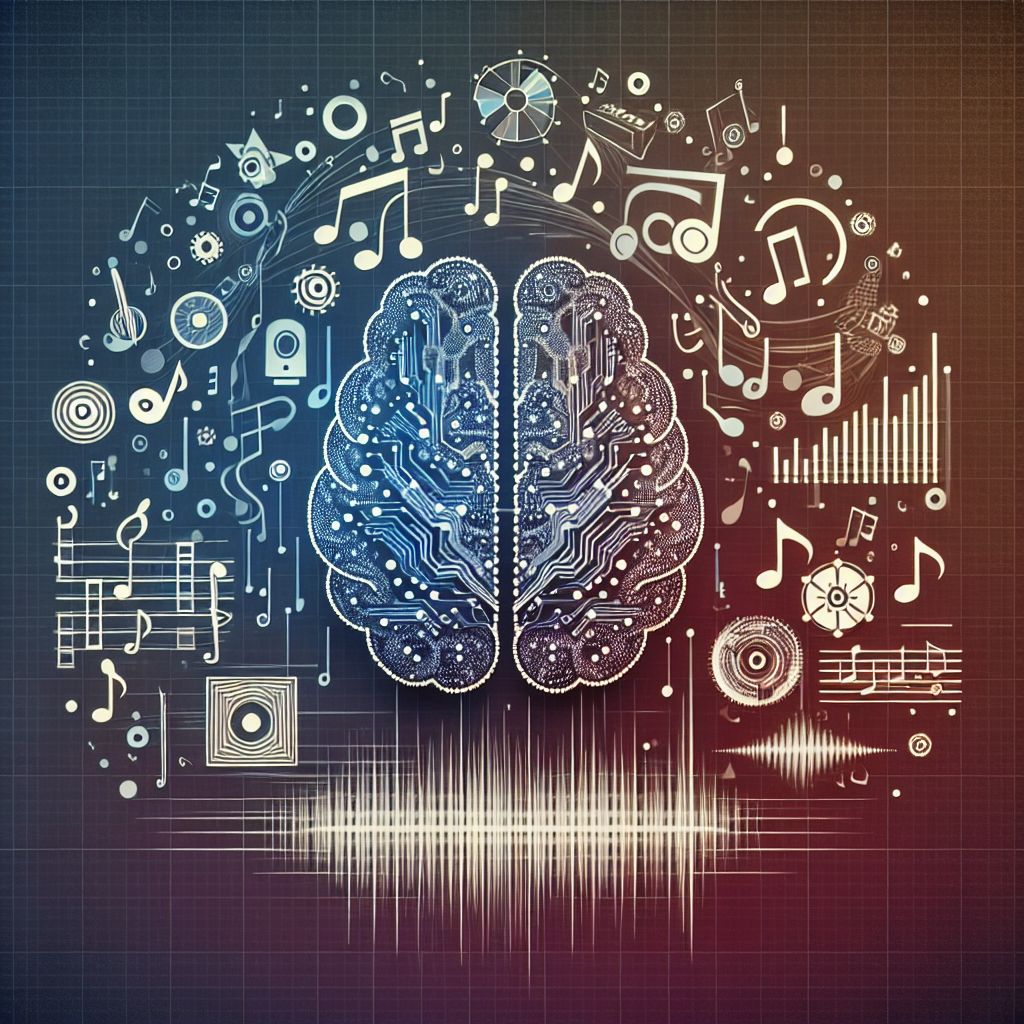Artificial Intelligence (AI) has revolutionized many industries, including music analysis. By using machine learning algorithms, AI can analyze vast amounts of music data to understand patterns and trends in music. This has led to the development of tools and applications that can help musicians, music producers, and music enthusiasts better understand and create music.
Understanding Patterns and Trends in Music
AI can be used to analyze music in various ways, including:
1. Genre classification: AI can be used to classify music into different genres based on its musical features. This can help music streaming services recommend music to users based on their preferences.
2. Music recommendation: AI-powered recommendation systems can analyze a user’s listening habits and preferences to recommend new music that they might enjoy. This can help music lovers discover new artists and genres.
3. Mood detection: AI can analyze the emotional content of music by analyzing the lyrics, tone, and tempo of a song. This can help music therapists use music to improve the mood and well-being of their patients.
4. Instrument recognition: AI can be used to identify the instruments used in a piece of music. This can help music producers remix and sample music more effectively.
5. Music transcription: AI can transcribe music from audio recordings into sheet music. This can help musicians learn new songs and analyze the musical structure of a piece of music.
6. Music generation: AI can generate new music based on existing music data. This can be used by musicians to explore new compositions and styles.
Overall, AI can provide valuable insights into music that can help musicians and music professionals create better music and reach a larger audience.
Benefits of AI in Music Analysis
There are several benefits of using AI in music analysis:
1. Efficiency: AI can analyze vast amounts of music data quickly and accurately, saving musicians and music professionals time and effort.
2. Accuracy: AI can analyze music data with a high level of accuracy, providing valuable insights into music trends and patterns.
3. Creativity: AI can help musicians explore new compositions and styles by generating new music based on existing data.
4. Personalization: AI-powered recommendation systems can provide personalized music recommendations based on a user’s listening habits and preferences.
5. Accessibility: AI tools and applications can make music analysis more accessible to musicians and music enthusiasts, regardless of their technical expertise.
FAQs
Q: Can AI replace human musicians?
A: While AI can generate music based on existing data, it cannot replace the creativity and emotion that human musicians bring to their music. AI can be a valuable tool for musicians, but it is unlikely to replace them entirely.
Q: How can musicians benefit from using AI in music analysis?
A: Musicians can benefit from using AI in music analysis by gaining insights into music trends and patterns, exploring new compositions and styles, and reaching a larger audience through personalized music recommendations.
Q: Is AI in music analysis ethical?
A: As with any technology, there are ethical considerations to using AI in music analysis. It is important to consider issues such as data privacy, bias in algorithms, and the impact of AI on the music industry.
Q: What are some popular AI-powered music analysis tools?
A: Some popular AI-powered music analysis tools include Spotify’s music recommendation system, Shazam’s song identification app, and Google’s Magenta project for music generation.
In conclusion, AI has the potential to revolutionize music analysis by providing valuable insights into music trends and patterns. By using machine learning algorithms, AI can help musicians, music producers, and music enthusiasts better understand and create music. While there are ethical considerations to using AI in music analysis, the benefits of AI in music analysis are clear. Musicians can gain valuable insights into music trends and patterns, explore new compositions and styles, and reach a larger audience through personalized music recommendations. As AI technology continues to advance, the possibilities for AI in music analysis are endless.

